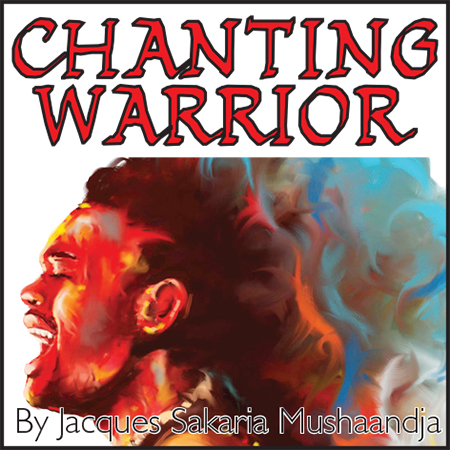There is something about classical (Western) theatre forms that make our theatre makers oblivious to exploring what that we would like to see as African theatre and performance.
I think this stagnant feature is very visible in local theatre.
We say we are African theatre makers in post-Apartheid Namibia. Some of us say we committed to decolonisation. But why does it feel like we are falling short to our commitment?
I would like to think that we are not blind to this rigid and boxed nature of local theatre. At least the theatre that is happening in the centre of the country. The theatre needing decentralisation.
Our traditional mainstream theatre in its dominant state has kicked off and is finding a life of its own again after a long drought. I recently saw a part of John Kani’s ‘Nothing But the Truth’, directed by David Ndjavera with Nelago Gloria Shilongoh, Ashwyn Mberi and Tjuna Kauapirura as cast.
It was done in true Ndjavera style, as expected.
Full on presentation of realism without any new suggestion in style, form or language. It was the theatre of performances we know that speaks to the audience in the comfort of their seats. The theatre that is only performed within its four classical walls and makes no attempt to push existing boundaries.
We need to have a conversation about how this theatre still constitutes as African and what that means to our cultural identity.
If I am going to take a renowned South African play set in a particular historical context, what are the implications of performing that particular context on a Namibian stage?
The problem with reproduction is that it does not give voice to the artists.
There were these three black Namibian bodies in performance of a familiar South African narrative and their subjectivities left out of it. How honest is this to originality, localising content and the African story?
What does Namibia’s post-colonial theatre say about us and our reluctance to transform our country?
Theatre as an art discipline should be taking a lead to transform the way we approach, process and product. We already have a problem with developing local content. Somewhere in our sub-cultures, teaching and learning, there are restrictions that we have to deal with as a matter of urgency.
Gift Uzera’s latest work called ‘Dominance’ – a performance arts narrative – was performed as part of the National Art Gallery of Namibia’s Conversations exhibition.
Performing with Bret Kamwi, Lexi Smit and Alicia Brandt, the work comes from a theatrical background and was performed in a new space – another traditional space.
It does not succeed to break the four walls or challenging the traditional.
It wants to invite the audience into the performance but it does not do so openly.
In fact, it is not aware of how the performance in itself dominates the spaces and its audience.
This works carries potential for growth and continuity.
But what must happen now in this contemporary?
Stay informed with The Namibian – your source for credible journalism. Get in-depth reporting and opinions for
only N$85 a month. Invest in journalism, invest in democracy –
Subscribe Now!










